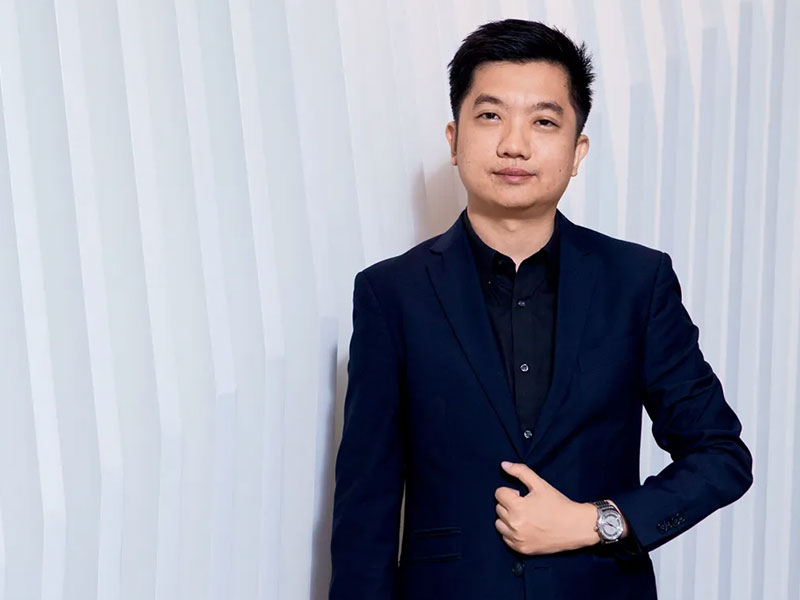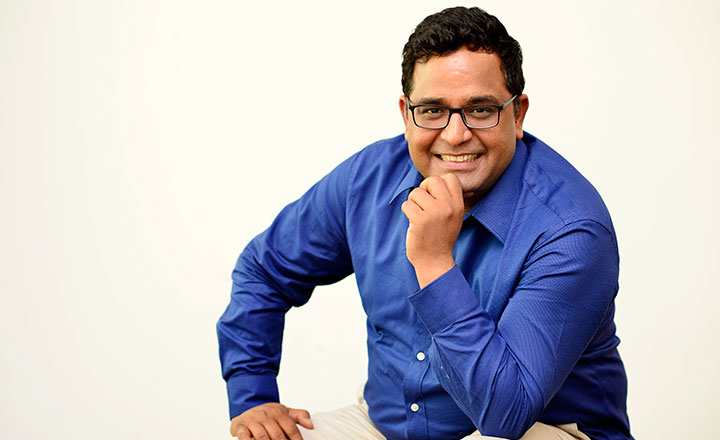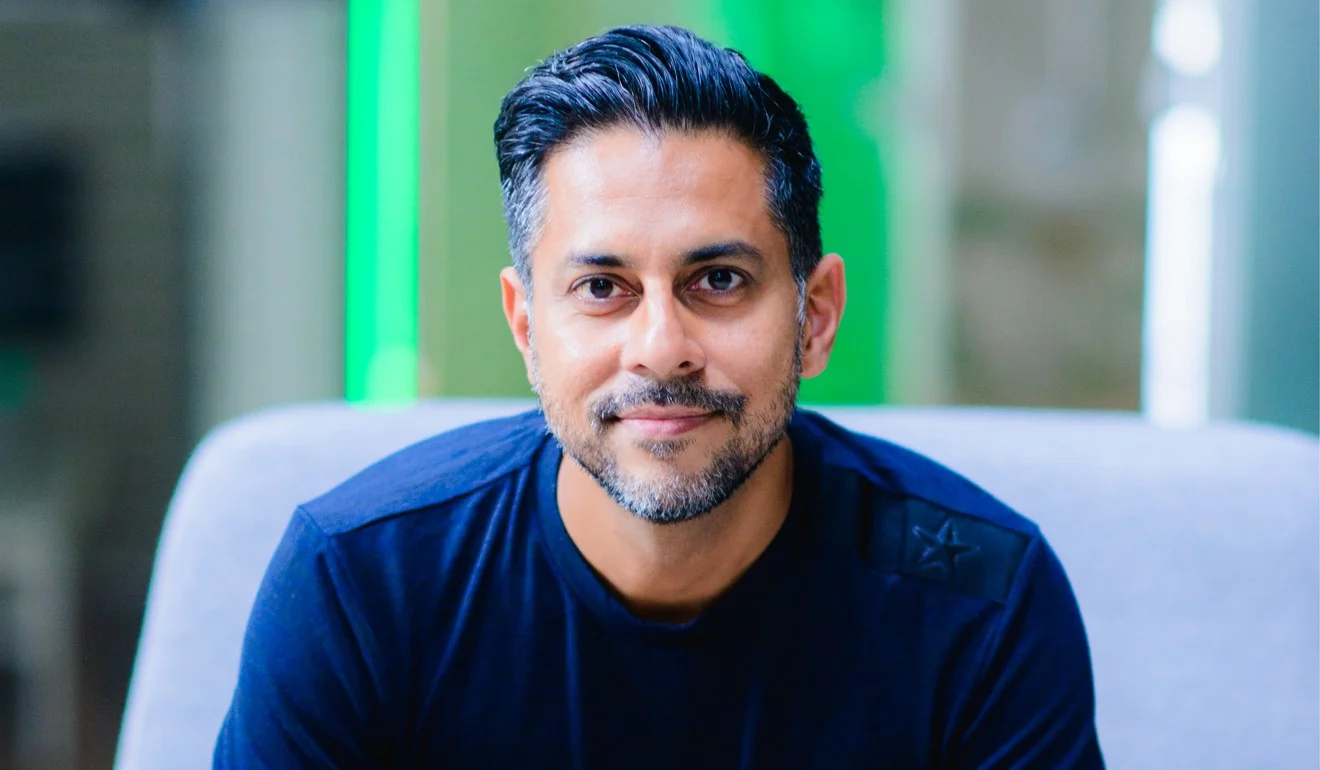Notable Roles | - Founder, Kick the Machine Films |
Key Recognition | Palme d’Or Winner, Cannes Film Festival (2010) |
Background and Early Foundations
Apichatpong Weerasethakul, affectionately known as “Joe,” was born in Bangkok and raised in Khon Kaen, northeastern Thailand. Growing up in a family of physicians, he was immersed in a milieu that blended scientific inquiry with spiritual traditions. This unique environment fostered his fascination with memory, dreams, and the metaphysical—elements that would later permeate his cinematic works.
Initially pursuing architecture at Khon Kaen University, Apichatpong’s creative inclinations led him to the School of the Art Institute of Chicago, where he earned a Master of Fine Arts in filmmaking in 1997. His early exposure to experimental cinema and avant-garde art significantly influenced his narrative style and thematic choices.
Career Milestones and Impact
Year | Milestone |
|---|---|
2000 | Released debut feature, Mysterious Object at Noon, blending documentary and fiction. |
2004 | Tropical Malady received the Jury Prize at the Cannes Film Festival. |
2010 | Uncle Boonmee Who Can Recall His Past Lives won the Palme d’Or at Cannes. |
2021 | Memoria, his first English-language film, premiered at Cannes and won the Jury Prize. |
- Feature Films Directed: 7
- Major Awards: Palme d’Or (2010), Cannes Jury Prize (2004, 2021)
- International Exhibitions: MoMA, Tate, Centre Pompidou
- Current Base: Chiang Mai, Thailand
Leadership Style and Influence
Apichatpong Weerasethakul’s leadership in the creative realm is marked by his commitment to pushing the boundaries of traditional storytelling. His unique approach has not only garnered international acclaim but also inspired a new wave of filmmakers to explore unconventional narratives.
Legacy and Future Focus
Apichatpong’s legacy lies in his unwavering dedication to uplifting underprivileged women and advocating for systemic change. Through DOT, he has provided tangible pathways for financial independence and social mobility. As he steps away from political office, Tan continues to focus on expanding DOT’s reach and exploring innovative approaches to address urban poverty and gender inequality in Singapore and beyond.









